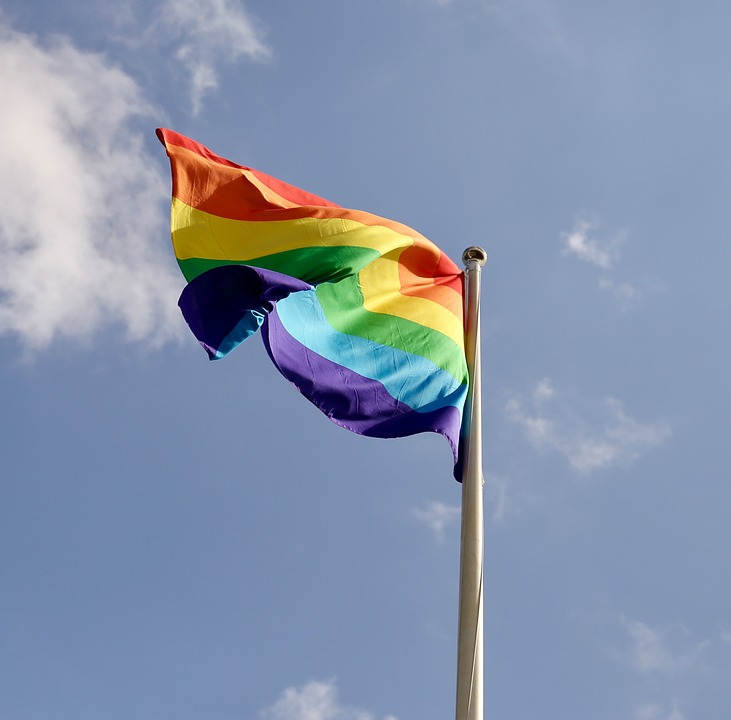The LGBT+ community is frequently called the ‘gay community’ by much of wider society. This seems exclusive and would be all too easy to write off as a privileged majority playing catch up if the queer community wasn’t also part of the problem. Whilst mentions of gay pride and the gay community are now generally used by queer people in their proper contexts, I can guarantee you that most, if not all, queer people having read the question above will have instinctively thought ‘Yes. Endlessly.’ Unless, of course, that person happens to be a white gay man in his early to mid-twenties, in which case the reaction is likely rather different.
For context, I myself am a white cisgendered male who hasn’t even reached his early-twenties yet. Therefore, whilst acknowledging the very real issues of race and age within the queer community, I will be writing mostly from my own perspective and letting others have their own voice. However, I am also a proud bisexual who has seen far too frequently online the hierarchy the queer community labours under. Specifically, LGBT+ should perhaps consider a change to ‘GLBTwho?’ Gay men and lesbians, especially younger white ones, often find themselves running our movement and dominating the community.
I could very easily go into an essay about what the queer community owes to those who are overlooked, the most noteworthy arguably being trans women of colour. Radical lesbianism has recently seen many supporters drift into TERF circles, as London Pride revealed this year. However, biphobia is easily seen in the context of dating and social networking in general. It’s not unusual to see, amongst ‘no fats no femmes’, which is its own discussion, the qualifier ‘no bis’.
Contrary to the assumption that bigotry and stereotypes would be hated by those who had suffered them, it turns out that waves of gay men and lesbians work under the assumption that I am likely either greedy, promiscuous, confused or secretly gay. It should also be noted that in the cases of bi women, the last insult is changed to ‘straight girl looking for attention’. And no, it doesn’t escape me that such a change reveals a starkly patriarchal assumption. The simple fact of the matter is that such stereotypes lead to a very deliberate form of discrimination, where as well as not dating as much, bisexuals are often left out of the queer rights struggle altogether, with the assumption that we face no prejudice from wider society. From this also stems subconscious acts where we are left out of the conversation due to simple thoughtlessness, much like an all-white, all-male corporate board that thinks itself oh so progressive for its black secretary – there, but not listened to. And it’s often worse for trans people or anybody who dares fall under the much forgotten and pushed aside ‘+’.
This is largely a form of cultural osmosis of the views of those against the queer community. For decades they only focussed on hating the gays and the lesbians, so naturally many such people assumed it was all about them. Whilst this hardly makes them blameless it does explain a lot. UK queer history month is February, so in preparation, I have a challenge for the community, including myself. As we try to educate straight and cisgendered people, let us dedicate equal energy to educating ourselves. Have a google, ask around! We might just learn something and see how we contribute towards the hierarchy’s maintenance, and perhaps start to reduce our part in it.
Xander Wilde
Image courtesy of Pixabey.

